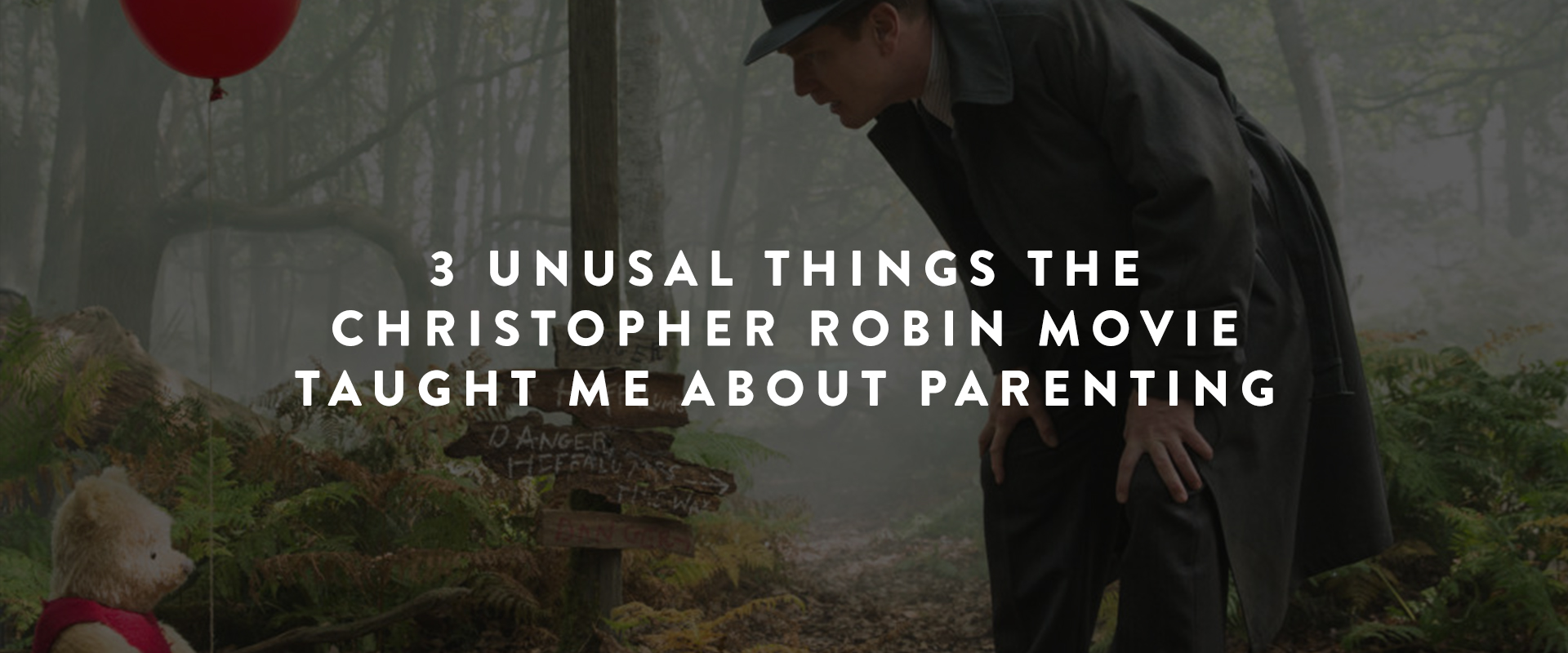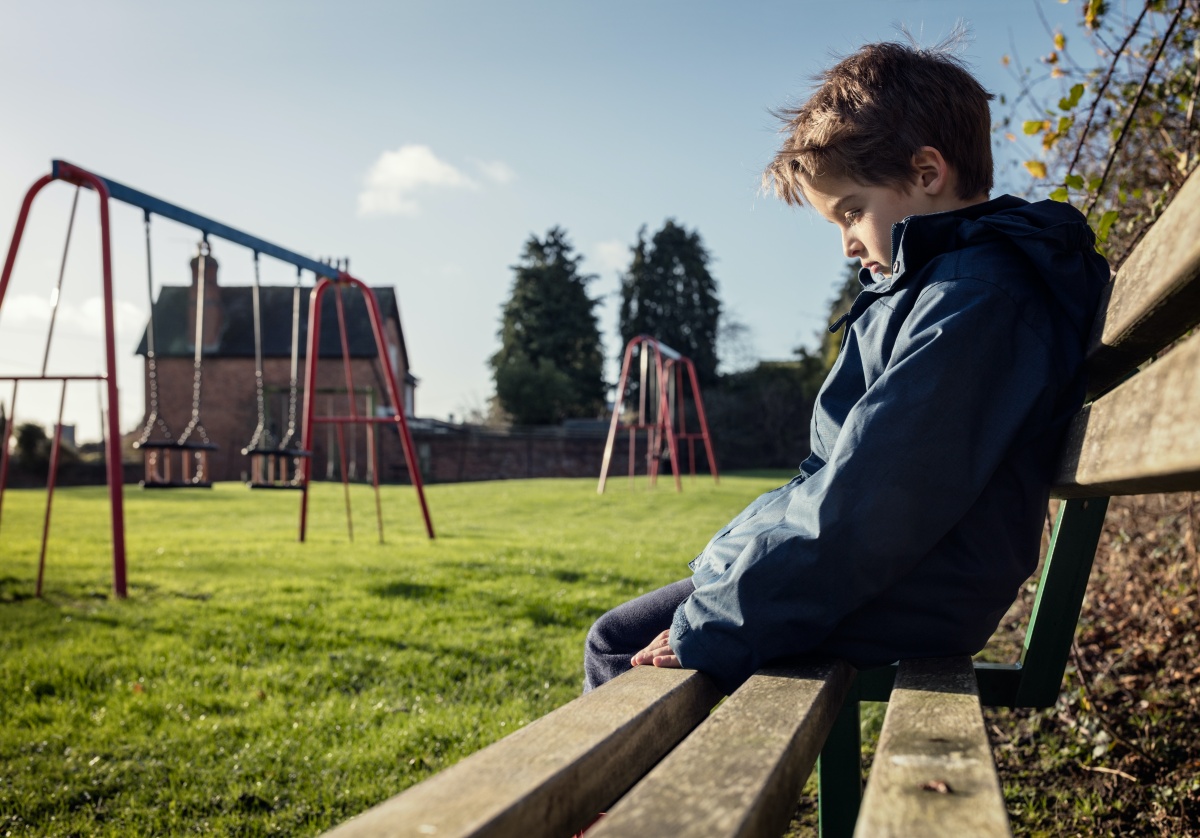
You might parent a social butterfly, able to befriend even the most unlikely of people.
Perhaps you parent an introverted child who struggles to form friendships.
Regardless of personality, every child faces social challenges. That social butterfly? I’m guessing he or she might also dominate conversations or interrupt from time to time. Your shy baby? It’s likely that shyness also inhibits him or her from thriving socially.
And while we’d love to take a magic wand and make all of their struggles disappear . . . we can’t. However, we can take action in helping our children grow by instilling practical truths into their social lives.
Teaching Kids That They Will Not Be Everyone’s Friend
The first time I remember feeling socially rejected was in first grade. While the moment seems silly decades later, that moment kick-started my insecurity and changed the way I socialized moving forward.
The truth is that kids learn at a young age that socialization is risky. While each child channels this fear through different social behaviors, kids must understand that no matter what, they will not be everyone’s friend—and that’s okay. Though this line sounds harsh, it will help minimize the pressure your child might feel in social situations. It also makes the risk of socializing way less daunting and creates a safe space for kids to be kind to one another without forcing friendships.
Instilling Empathy in Your Kid
At some point, children realize that friendships are not only about shared hobbies or fun playdates. Sure, those things are valuable in friendship . . . but without empathy, friendships won’t withstand the first disagreement. Empathy is understanding another’s feelings. For kids to become good friends who can resolve their social problems, we must instill empathy.
Model empathy.
It’s not uncommon when children copy their parents. What better way to teach your child empathy than by modeling it yourself? When a situation arises, speak your internal dialogue aloud for your kid. This will help him or her hear what empathy sounds like. For example,“I’m noticing that boy on the playground is crying. I can see that no one is playing with him. I bet he’s sad because he feels left out. I get sad when no one plays with me too. How could you be a good friend to him and help him feel better?”
Read children’s books that teach empathy.
Stories are magical and effective ways to teach empathy. I recommend The Invisible Boy by Trudy Ludwig for quieter children—this story follows a child who feels invisible because he rarely gets noticed at school. When a new kid comes, everything changes. This story teaches a strong lesson of friendship.
The book Each Kindness by Jacqueline Woodson is helpful for teaching children the power of words and actions. It follows a character who decides not to befriend a new student who is different from her. This story will pull at your heartstrings and teach a powerful lesson of empathy.
Helping Kids Become Self-Aware
In order to help our little social butterflies and shy introverts grow, we must teach them to be self-aware. Here are three steps to teach self-awareness at home:
Identify your weakness.
Before your child can grow from their weakness, they have to know their weakness. Give your child a safe space to be vulnerable about the challenges they’re having socially. Allow them to think of a weakness on their own rather than identifying it for them.
If they can’t think of any, you might ask a question that softly directs to their challenge. For example,“Do you ever find it challenging to speak to someone first? Have you ever accidentally interrupted a friend while they were talking?”
Set social goals.
Once the weakness is identified, a goal can be created together. You can make this exciting and fun, reminding your child that goals are how we grow!
Examples: Be the first to speak to someone today. Ask a friend to play with you. Listen to what your friend says before you speak. Help someone who needs it.
Rate your progress.
Set a regular time when you check in on your child’s social goal. In my classroom, I use a 1-2-3 scale that allows kids to rate their social goals. To maintain a safe space, always celebrate the child’s honesty even if they rate themselves with a one. As this becomes routine, your child will be more aware of their social behaviors and work to improve them!
Although the process of nurturing these qualities may seem unfruitful at first, time will work in your favor. You’ll see the social gains in the way your child apologizes for interrupting. Or when she asks a new student to sit with her.
And the magic wand won’t be the one to thank—only your steadfast consistency.




